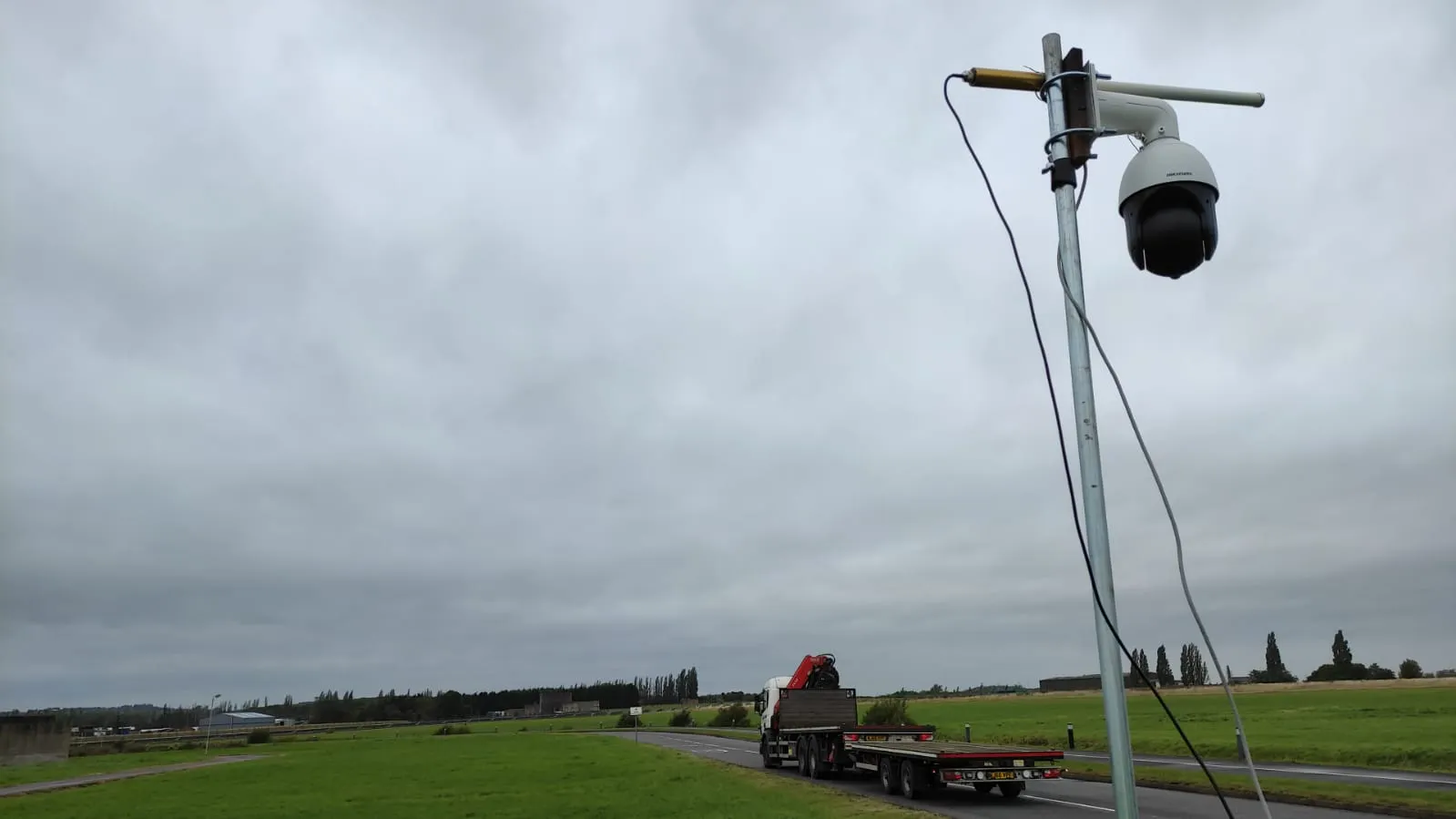
Kapsch TrafficCom is introducing its Mobility Data Platform (MDP) in the Spanish city of Seville, which it says will improve traffic flow and increase "environmental protection" with better emissions monitoring.
Fed with data from hundreds of sensors, cameras and existing traffic systems across the city, MDP will allow city authorities to "accurately predict and manage mobility needs and traffic flows in real time".
"This includes both diagnostic (what has happened and why) and predictive (what will happen) analytics, turning dispersed data into accessible information," Kapsch says.
Rolled out over the next 17 months, MDP is expected to improve mobility for more than 1.5 million people in the metropolitan region.
Part of the Horizonte Sevilla Inteligente initiative of the Seville City Council, it is supported by the European Regional Development Funds, with the goal of enabling the achievement of sustainable development goals.
Real-time parking information, dynamic traffic control to avoid congestion and demand-based control of public transport during major events will be among the anticipated advantages of the roll-out, allowing authorities to get the most value out of the data they are already collecting, plus adding addition information through new sensors.
Data on temperature, air quality, emission levels and noise pollution will also feed into the MDP, allowing authorities to monitor collective health issues.










